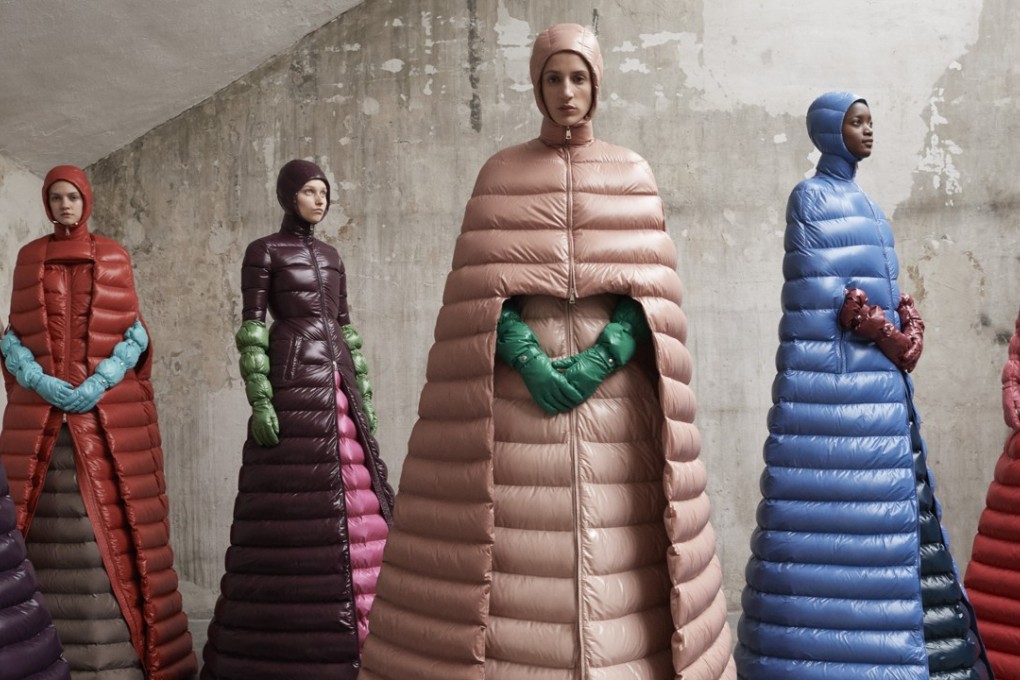Luxury e-commerce in China has loads of room to grow, thanks to the country’s tech-savvy, cash-rich millennials
Luxe brands ramp up their e-commerce game in China as they try to create buzz with digitally-driven Chinese millennials – the key growth-driver of the fast-paced and booming market.

The battle for wealthy Chinese is moving online, with luxury brands especially hungry to win over millennials through offers on everything from limited edition fashions to white-glove delivery services.
Moncler, Christian Dior, Hermes and Tiffany & Co. are among those in the online stampede to grab a share of China’s US$73 billion annual luxury market. It is composed of 50 million people and growing – the largest number of wealthy people of any country in the world. And they tend to be younger – and more tech savvy – than their global counterparts.
The experiments to woo over this wealthy cohort are truly in their early stages. And with only a small fraction of Chinese at this point buying their luxury goods online, the battling can only get more fierce.
“Among international customers, Chinese ones are more digitally driven today,”said Remo Ruffini, the chairman and CEO of Moncler. “Technology related to consumption in China has made giant steps in recent years. Our challenge is of course to have a leading role with all these technological changes to create a new digital e-commerce experience.”
Moncler set up a virtual store last year on WeChat, the ubiquitous social media platform in mainland China, where customers could order the brand’s signature down jackets and other luxury items whose eye-popping price tags are in fact part of their appeal.
It’s also setting up a “pop up” store on Tmall, the e-commerce site of online giant Alibaba Group,
